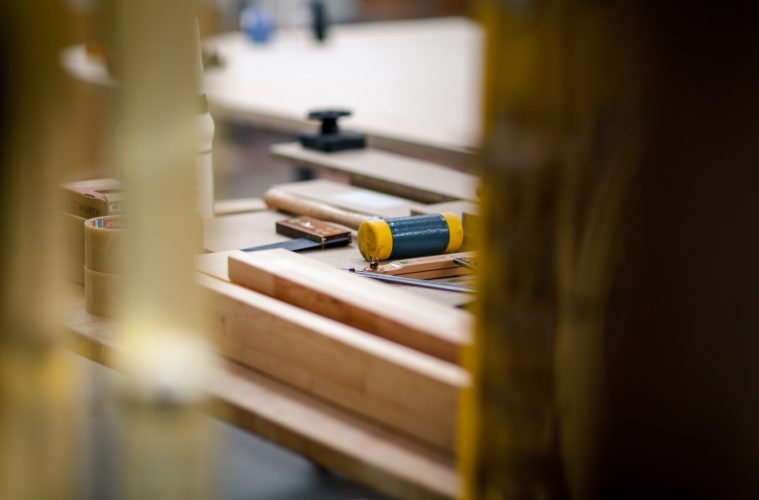For a certain kind of person, a career in joinery might seem like an appealing prospect. It’s a job which requires a balance of creativity, attention to detail, and practical problem-solving. You’ll have the satisfaction that comes with building something, and a variety of projects to work on. But exactly how do you get started in this field?
Career in Joinery | What does a joiner do?
There is some significant overlap between joinery and another woodworking trade: carpentry. In the former, you’ll be joining pieces of wood together, to create architrave, skirting and fitted furniture. In the latter, you’ll be dealing with onsite tasks like floors and staircases.
Is it a dangerous job?
Like any form of woodworking, joinery can be a dangerous job. After all, anything that can cut through a piece of timber can also cut through your hand. This makes it imperative that proper technique be internalised. You’ll need to follow simple safety precautions, until they’re second nature. This might mean following basic rules, like never moving a workpiece perpendicular to a spinning blade, and wearing all necessary PPE such as safety footwear or gloves.
Perhaps more of a concern than sudden injuries is the chronic threat posed by sawdust particles. These are thrown up whenever wood is cut, and a power tool can generate huge amounts of it. This is a particular concern when you’re cutting through fibreboard-based products, which contain not only timber, but large quantities of glue. Wear a suitable protective mask and make sure that your work environment is kept regularly cleaned.
How much can you earn as a joiner?
If you’re employed as a joiner, then you might expect to make between £24,000 and £30,000 per year. Most joiners end up becoming self-employed once they’ve built up the right level of experience and customers. Once you do this, you can take on specialist projects and clients, which tend to be far more lucrative.
Where can you start?
There are many routes via which you might enter this particular trade. You might undertake a college course, you might start work as an apprentice, or you might teach yourself by progressing from hobbyist projects to fully-fledged side hustle, and from there to a career.
Gaining experience
There’s no real substitute for on-the-job experience, especially when you’re just starting out. Many firms offer introductory roles for new recruits and students – and those that don’t might be persuaded to, if you make a good impression and send them a politely-worded email.
What career opportunities are there?
Once you have enough experience as a joiner, you can make a sideways transition into other, related trades, and offer your clients a bespoke package that’s tailored to their needs, without the need to subcontract. On the other hand, you might become a company director, and bring other joiners into your wardrobe.




